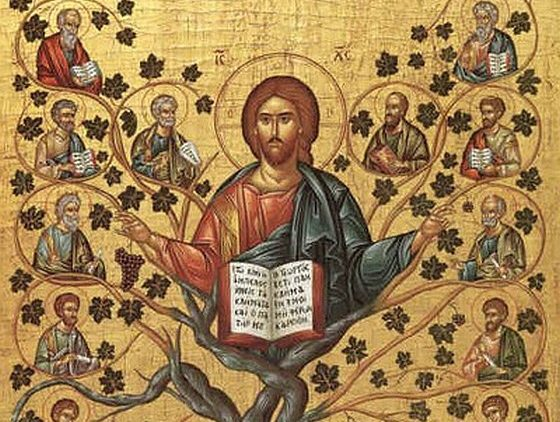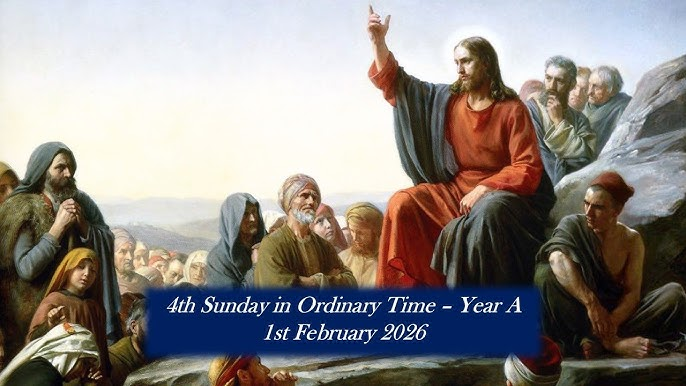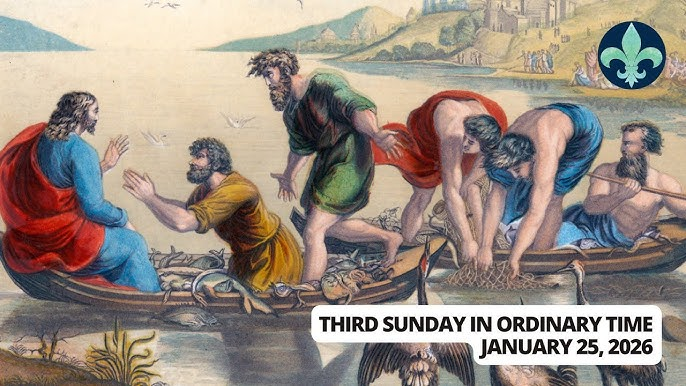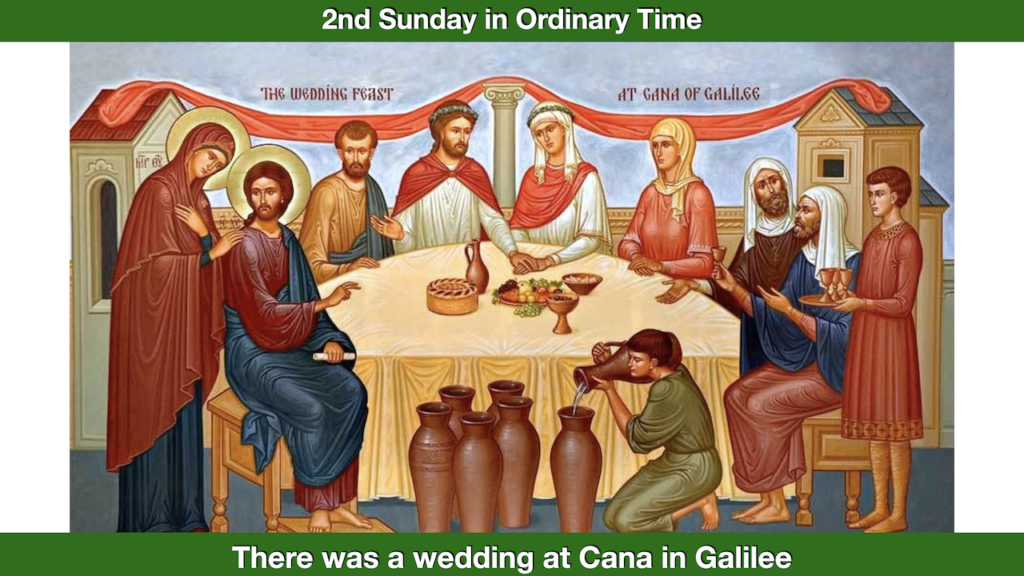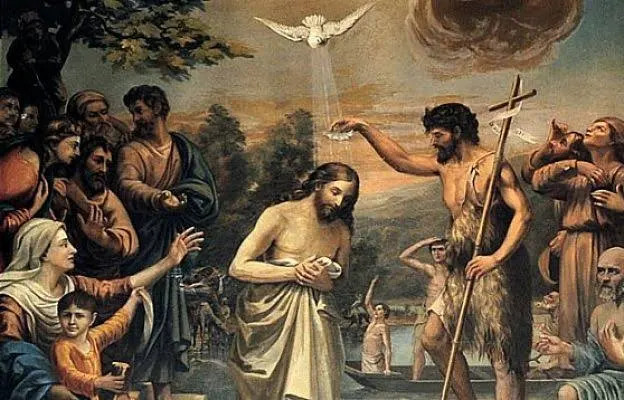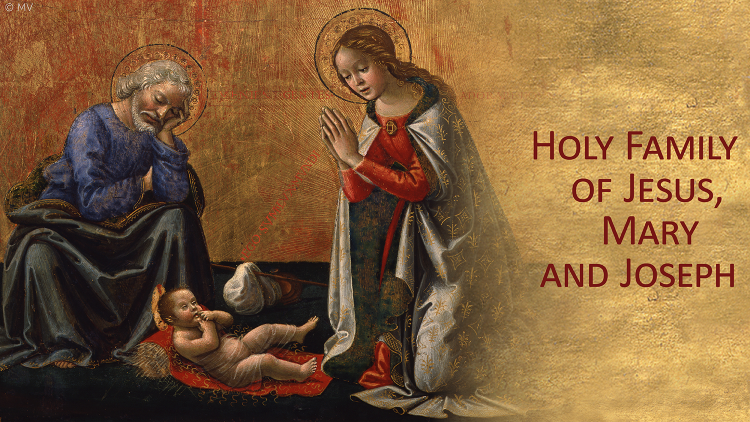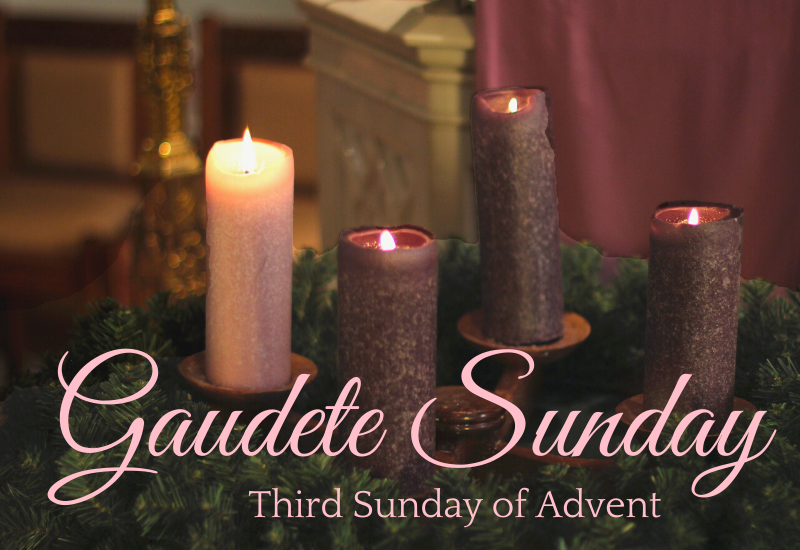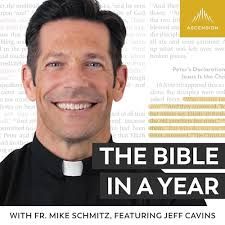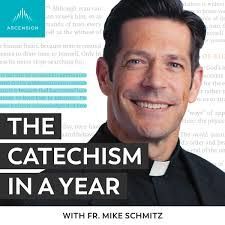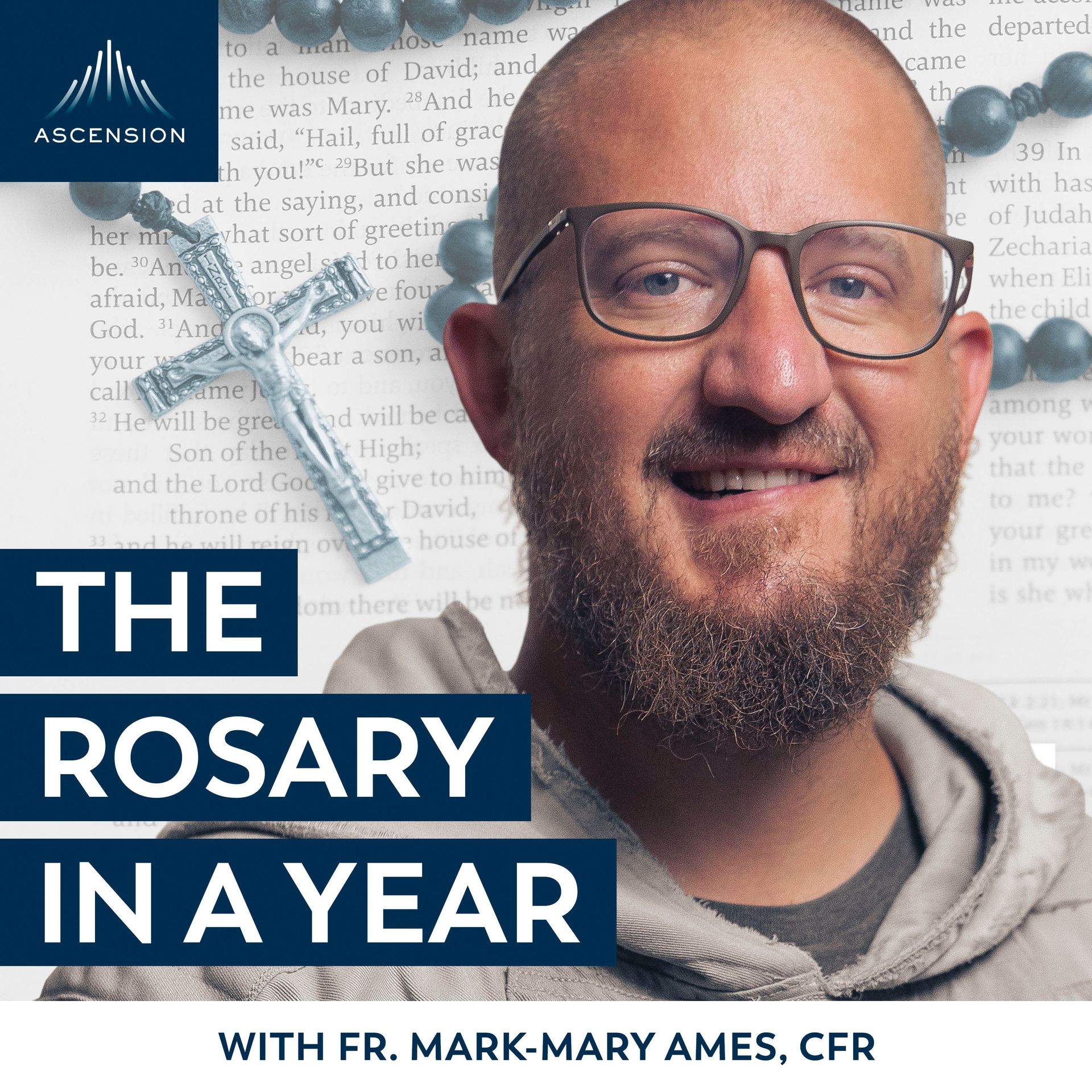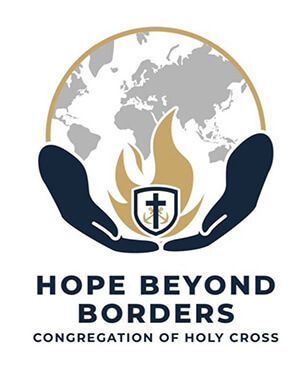Twenty-Fourth Sunday in Ordinary Time, September 17, 2023
Dear Friends,
As we enter into the 24th Sunday of Ordinary Time, the theme of anger and forgiveness stares at us. We hear from our Scripture readings that it is crucial for us to not to hold on to anger. We must be ready to forgive those who have sinned against us.
From the Book of Sirach we hear: “Wrath and anger are hateful things, yet the sinner hugs them tight. . . . Forgive your neighbor’s injustice; then when you pray, your own sins will be forgiven.” In the Gospel, Jesus uses the parable of the unforgiving servant to illustrate the imperative of forgiving our neighbors.
Avoiding anger and offering forgiveness: this is difficult for most or all of us. So much around us triggers anger. Let us pray for the grace to be patient and forgiving. Let us not carry bitterness and anger and hatred into death, for there if we wear these garments to the Wedding Feast of Heaven, there may not be any place for us to sit at the banquet table. If there is no place for us there, this will be of our own making.
Thanks to all those who participated in the 40-Hour Adoration event. What a blessing!
Please remember to participate in some way in the St. Brother André Golf Tournament to be held on Saturday, September 23, 2023 at the Duran Golf Course.
Let us now continue with the Post-Synodal Apostolic Exhortation of Pope Benedict XVI entitled Sacramentum Caritatis.
Have a Blessed Week!
With love,
Fr. John
W e e k 12 — SA C R A M E N T U M C A R I T AT I S ( TH E SA C R A M E N T O F C H A R I T Y : T H E E U C H AR I ST )
CONTINUATION OF THE POST-SYNODAL APOSTOLIC EXHORTATION SACRAMENTUM CARITATIS OF THE HOLY FATHER BENEDICT XVI TO THE BISHOPS, CLERGY, CONSECRATED PERSONS AND THE LAY FAITHFUL ON THE EUCHARIST AS THE SOURCE AND SUMMIT OF THE CHURCH'S LIFE AND MISSION
P A R T O N E : T H E E U C H A R I ST — A M Y ST E R Y T O B E B E L I E V E D ( c on t i n u e d )
“This is the work of God: that you believe in whom he has sent.” (Jn 6:29)
T HE EUCHARIST AND MATRIMONY (continued)
THE EUCHARIST AND THE INDISSOLUBILITY OF MARRIAGE
- If the Eucharist expresses the irrevocable nature of God's love in Christ for his Church, we can then understand why it implies, with regard to the sacrament of Matrimony, that indissolubility to which all true love necessarily aspires.
(91) There was good reason for the pastoral attention that the Synod gave to the painful situations experienced by some of the faithful who, having celebrated the sacrament of Matrimony, then divorced and remarried. This represents a complex and troubling pastoral problem, a real scourge for contemporary society, and one which increasingly affects the Catholic community as well. The Church's pastors, out of love for the truth, are obliged to discern different situations carefully, in order to be able to offer appropriate spiritual guidance to the faithful involved. (92) The Synod of Bishops confirmed the Church's practice, based on Sacred Scripture (cf. Mk 10:2- 12), of not admitting the divorced and remarried to the sacraments, since their state and their condition of life objectively contradict the loving union of Christ and the Church signified and made present in the Eucharist. Yet the divorced and remarried continue to belong to the Church, which accompanies them with special concern and encourages them to live as fully as possible the Christian life through regular participation at Mass, albeit without receiving Communion, listening to the word of God, eucharistic adoration, prayer, participation in the life of the community, honest dialogue with a priest or spiritual director, dedication to the life of charity, works of penance, and commitment to the education of their children.
When legitimate doubts exist about the validity of the prior sacramental marriage, the necessary investigation must be carried out to establish if these are well-founded. Consequently, there is a need to ensure, in full respect for canon law , (93) the presence of local ecclesiastical tribunals, their pastoral character, and their correct and prompt functioning. (94) Each Diocese should have a sufficient number of persons with the necessary preparation, so that the ecclesiastical tribunals can operate in an expeditious manner. I repeat that "it is a grave obligation to bring the Church's institutional activity in her tribunals ever closer to the faithful." (95) At the same time, pastoral care must not be understood as if it were somehow in conflict with the law. Rather, one should begin by assuming that the fundamental point of encounter between the law and pastoral care is love for the truth: truth is never something purely abstract, but "a real part of the human and Christian journey of every member of the faithful." (96) Finally, where the nullity of the marriage bond is not declared and objective circumstances make it impossible to cease cohabitation, the Church encourages these members of the faithful to commit themselves to living their relationship in fidelity to the demands of God's law , as friends, as brother and sister; in this way they will be able to return to the table of the Eucharist, taking care to observe the Church's established and approved practice in this regard. This path, if it is to be possible and fruitful, must be supported by pastors and by adequate ecclesial initiatives, nor can it ever involve the blessing of these relations, lest confusion arise among the faithful concerning the value of marriage. (97)
Given the complex cultural context which the Church today encounters in many countries, the Synod also recommended devoting maximum pastoral attention to training couples preparing for marriage and to ascertaining beforehand their convictions regarding the obligations required for the validity of the sacrament of Matrimony. Serious discernment in this matter will help to avoid situations where impulsive decisions or superficial reasons lead two young people to take on responsibilities that they are then incapable of honoring. (98) The good that the Church and society as a whole expect from marriage and from the family founded upon marriage is so great as to call for full pastoral commitment to this particular area. Marriage and the family are institutions that must be promoted and defended from every possible misrepresentation of their true nature, since whatever is injurious to them is injurious to society itself.
(90) Catechism of the Catholic Church, 1640.
(92) John Paul II, Post-Synodal Apostolic Exhortation Familiaris Consortio (22 November 1981), 84: AAS 74 (1982), 184- 186; Congregation for the Doctrine of the Faith, Letterto the Bishops of the Catholic Church concerning the Reception of Holy Communion by Divorced and Remarried Members of the Faithful Annus Internationalis Familiae (14 September 1994): AAS 86 (1994), 974-979.
(93) Pontifical Council for Legislative Texts, Instruction onthe Norms tobe Observed at Ecclesiastical Tribunals in Matrimonial Proceedings Dignitas Connubii (25 January 2005), Vatican City, 2005.
(94) Propositio 40.
(95) Benedict XVI, Address to the Tribunal of the Roman Rota for the Inauguration of the Judicial Year (28 January 2006): AAS 98 (2006),
(96) Propositio 40.
(97) ibid.
(98) ibid.
